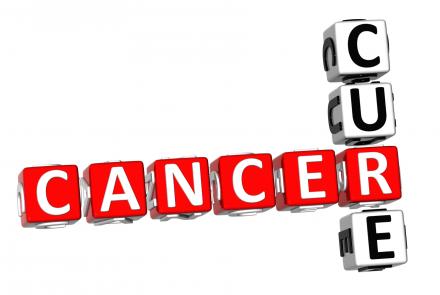
Chemotherapy can have different roles in treatment of cancer. It is important to understand the role of the chemotherapy prescribed for the patient. Dr. Kriti Mittal MD, MS Hematology and Medical Oncology explains the roles - curative, non-curative, palliative and adjuvant.
It is important to understand the role of chemotherapy in the treatment of your cancer. In some cases of localized or locally advanced cancer that has not yet spread to distant organs, your health care provider may chose to give chemotherapy after surgical removal of the cancerous tissue. In such cases, if the chemotherapy is given with the sole intention of reducing the risk of recurrence of cancer, it is referred to as Adjuvant chemotherapy. This refers to situations in which cancer has not yet metastasized and surgery is considered a curative procedure. Administration of adjuvant chemotherapy is usually based on data from clinical trials that suggest an improvement in overall survival, progression- free survival or disease free survival, etc. compared to patients who don't get adjuvant chemotherapy; but this is specific to each type of cancer and does not hold true for all cancer types.
In cases of advanced or metastatic cancer, chemotherapy is given to help slow down or shrink the size of tumors and help patients live longer, but in most cases cannot make all the cancer cells disappear. Such treatment is usually non curative, and may also be referred to as palliative. Again, it is important to discuss goals of treatment with your provider. In some slow growing cancers, even in advanced cases, patients can have long term survival with treatment. While in other cases, despite non curative chemotherapy, survival could be limited. Communication is key to understanding your treatment choices, their risks and benefits.
In some cases, such as advanced testicular cancer, chemotherapy may be given with curative intent even in the metastatic setting. Hence the intention of treatment- adjuvant, curative, non curative, should be discussed with your provider.
Related Reading: Managing Side Effects of Chemotherapy













